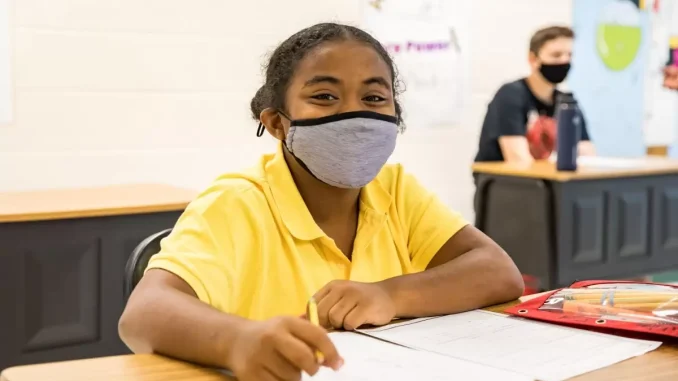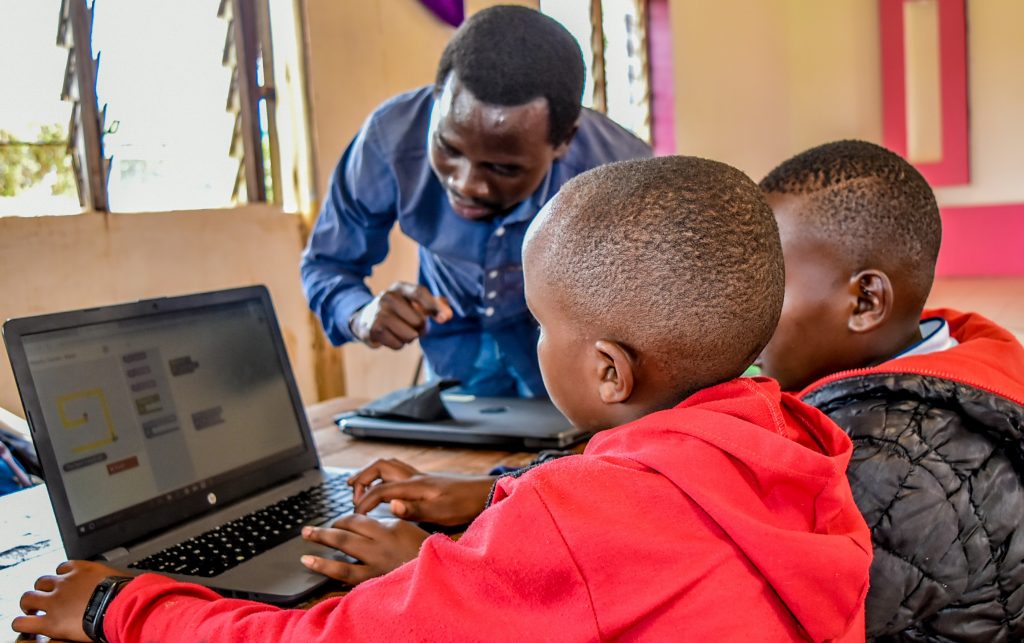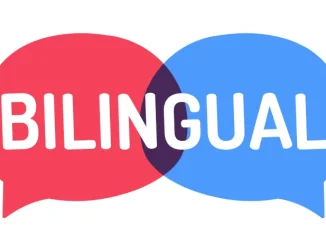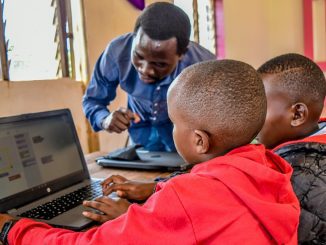
Essential Skills for Students. As students progress through their academic journeys, they acquire knowledge in various subjects. However, beyond academics, there are key skills that students must develop to succeed in the fast-paced and ever-evolving world. Mastering these essential skills can equip students to handle personal and professional challenges, ensuring they thrive after graduation.
In this article, we highlight the 10 essential skills every student should master before graduating, providing them with the foundation they need for lifelong success.
1. Critical Thinking and Problem Solving
Critical thinking is the ability to analyze situations, identify problems, and develop logical solutions. In today’s world, employers highly value individuals who can think critically and make informed decisions.
Why It’s Important:
- Problem-Solving: Helps students tackle complex issues in both personal and professional settings.
- Decision Making: Allows students to evaluate options and make the best choices.
- Adaptability: Prepares students to think on their feet and find innovative solutions.
Graduating with strong critical thinking skills will help students navigate the complexities of life and their future careers.
2. Communication Skills as Essential Skills for Students

Effective communication is one of the most important skills a student can develop. Whether it’s written, verbal, or non-verbal communication, students must learn how to convey their ideas clearly and confidently. 5 Ways to Find A Great Teacher
Key Areas of Communication:
- Written Communication: Crafting emails, reports, and presentations that are clear and concise.
- Verbal Communication: Speaking confidently in front of groups, engaging in discussions, and delivering presentations.
- Listening Skills: Actively listening to others to understand and respond appropriately.
Mastering communication skills allows students to express themselves effectively in any situation, be it academic, personal, or professional.
3. Time Management
Time management is the ability to prioritize tasks, set goals, and complete work efficiently. This is a crucial skill for students, especially as they juggle academics, extracurricular activities, and personal responsibilities.
Benefits of Time Management:
- Increased Productivity: Students can accomplish more in less time by organizing their schedules effectively.
- Stress Reduction: Proper time management helps prevent last-minute cramming and reduces anxiety.
- Balance: Helps students find a balance between work, study, and leisure.
Developing strong time management skills is essential for students to stay organized and meet their deadlines, both in school and in their future careers.
4. Collaboration and Teamwork

In both academic and professional settings, students will be required to work in teams. Collaboration involves working effectively with others to achieve a common goal, while also respecting diverse perspectives.
Why Teamwork Matters:
- Problem-Solving: Collaborating allows students to pool knowledge and solve problems more effectively.
- Conflict Resolution: Teamwork teaches students how to navigate and resolve conflicts in a constructive manner.
- Leadership: Working in groups helps students develop leadership skills and the ability to delegate tasks.
Mastering collaboration and teamwork skills prepares students for working in diverse environments, where teamwork is often essential to success.
5. Digital Literacy as Essential Skills for Students
In a digital age, students must be proficient in using technology. Digital literacy goes beyond basic computer skills; it includes the ability to research, communicate, and create content using digital tools responsibly.
Key Areas of Digital Literacy:
- Tech Tools: Understanding how to use software, apps, and online platforms effectively.
- Research Skills: Knowing how to find credible information online.
- Digital Etiquette: Understanding online behavior and practicing safety and respect in digital spaces.
By mastering digital literacy, students can effectively navigate technology, which is vital in both their academic and professional lives.
6. Emotional Intelligence (EQ)
Emotional intelligence is the ability to recognize, understand, and manage one’s own emotions, as well as those of others. It plays a crucial role in interpersonal relationships, leadership, and conflict resolution.
Key Components of EQ:
- Self-Awareness: Recognizing your emotions and how they affect your behavior.
- Empathy: Understanding and sharing the feelings of others.
- Emotional Regulation: Managing emotions in difficult situations.
Developing strong emotional intelligence is essential for building healthy relationships, leading teams, and handling stress effectively.
7. Financial Literacy
Financial literacy is the ability to understand and manage personal finances, including budgeting, saving, and investing. It’s a skill that every student should master before entering adulthood.
Why Financial Literacy is Crucial:
- Budgeting: Understanding how to manage income, expenses, and savings is key to financial stability.
- Investing: Knowing how to grow wealth through smart investments is important for long-term financial security.
- Debt Management: Understanding loans, interest rates, and credit management is vital for avoiding financial pitfalls.
By mastering financial literacy, students can make informed decisions about their money and build a secure financial future.
8. Adaptability and Resilience
In a rapidly changing world, students must be able to adapt to new situations and bounce back from setbacks. Adaptability is the ability to adjust to new conditions, while resilience is the ability to recover from challenges and continue moving forward. Holy Family College, Oku Abak
Benefits of Adaptability and Resilience:
- Career Success: Being adaptable ensures students can thrive in a variety of work environments.
- Problem Solving: Resilience helps students overcome obstacles and learn from failures.
- Personal Growth: Both adaptability and resilience contribute to personal development and self-improvement.
Graduating with adaptability and resilience prepares students for the inevitable challenges they will face in life and their careers.
9. Leadership Skills
Leadership involves guiding, motivating, and inspiring others. Whether in academic projects, sports teams, or future workplaces, students should develop strong leadership skills to effectively manage teams and projects.
Key Aspects of Leadership:
- Decision Making: Good leaders make informed decisions and take responsibility for outcomes.
- Inspiration: Leaders motivate and inspire others to achieve their best.
- Delegation: Effective leaders know how to assign tasks to others based on their strengths.
By developing leadership skills, students position themselves to take on leadership roles in their careers and communities.
10. Creativity and Innovation
Creativity and innovation are essential for problem-solving, critical thinking, and developing new ideas. Whether students pursue careers in science, business, arts, or technology, the ability to think creatively and innovate is highly valued.
Why Creativity Matters:
- Problem Solving: Creative thinkers can approach problems from different angles and develop unique solutions.
- Innovation: Creativity leads to innovation, which drives progress in all fields.
- Adaptability: Creative individuals are often more adaptable, finding new ways to overcome challenges.
Cultivating creativity and innovation prepares students to excel in environments that require fresh thinking and new ideas. WAEC Result: How to Check your 2024/2025 Waec Result
Conclusion: Preparing for Success Beyond Graduation
Mastering these 10 essential skills will not only help students succeed academically but also prepare them for the challenges they will face in the real world. From critical thinking to financial literacy, these skills are crucial for personal growth, career success, and lifelong learning.
As students prepare to graduate, they should focus on developing these competencies to ensure they are equipped for whatever life throws their way.




Be the first to comment